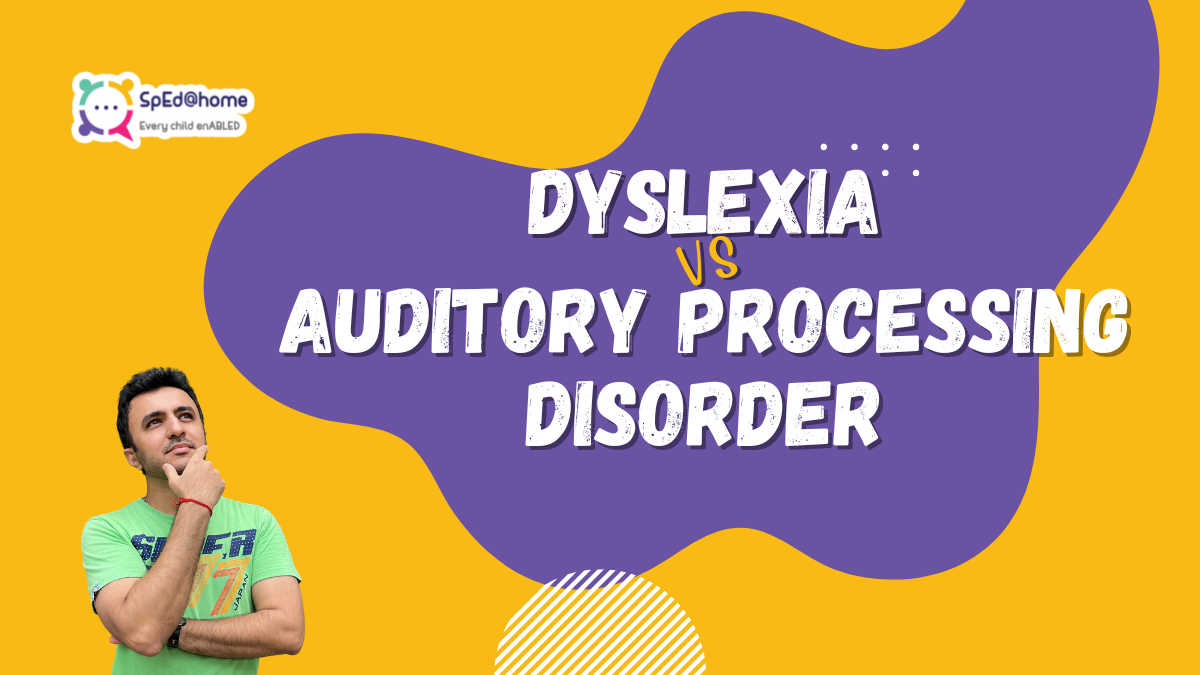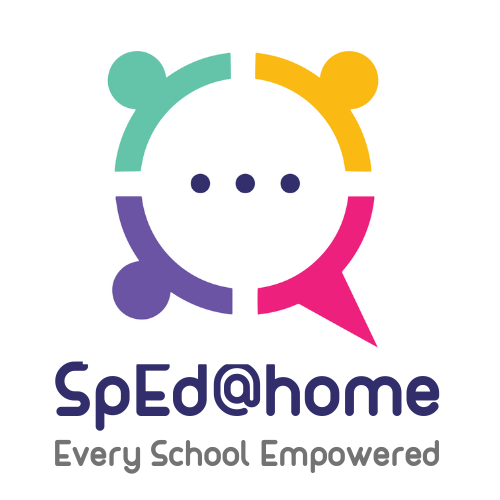Dyslexia Vs Auditory Processing Disorder – Let’s understand!
Dyslexia Vs Auditory Processing Disorder. As commonly defined Dyslexia “is a brain-based type of learning disability that specifically impairs a person’s ability to read. These individuals typically read at levels significantly lower than expected despite having normal intelligence.”
As for Auditory Processing Disorder (APD), it is often described as an abnormality in the processing of sound in the central auditory nervous system. This causes a compromises the brain’s ability process sounds and language. Making it hard to distinguish small sound differences. Remembering and keeping up with ongoing speech is difficult. Especially when there is background noise or when more than one person is talking.”
Dyslexia Vs Auditory Processing Disorder – Similarities
Apparently, 70% of those with Dyslexia have also been found to have a range of APDs. In fact, recent research has even found that one out of four children tested for possible Learning Disabilities had both Dyslexia and APDs. There is currently a lot of debate in the scientific community over whether or not Dyslexia is a long-term consequence of APD. A study comparing children diagnosed with Dyslexia and APD has found virtually no differences between the two groups, while some even contend that such diagnoses depend upon the kind of specialists that are consulted. As a result of the above, many experts have even recommended using non-verbal auditory tests to diagnose APD separately, as opposed to the kind of intellectual and academic testing used in evaluating Dyslexia.
Dyslexia Vs Auditory Processing Disorder – Differences
Despite the similarities, Dyslexia and APD are still markedly distinct. These are some of the many major differences between the two:
- Those with APD, as the name itself might imply, mostly present difficulties in processing sound. On the other hand, children with Dyslexia find it difficult to process language itself – either verbally and/or when spelling and reading.
- Accordingly, children with APD may find it difficult to spell, read and even understand information that may be presented to them verbally. Dyslexic children face the exact same problems but for information presented in print.
- APD results in a difficulty in distinguishing between certain verbal sounds – for example, instead of “big” they may hear “pig”, and instead of “fees” they may hear “flees”. However, Dyslexic children may find it difficult to manipulate sounds in words whilst pronouncing them: for example – they might find it difficult to pronounce “pig” even though it’s only one letter different from “big”; same with “fees” and “fleas”.
Difficulty in recognising sounds
- Following from the previous point, children with APD face a lot of difficulty in recognising subtle differences between certain kinds of sounds. For example: they might find the short “i” and short “e” sounds to be similar when they’re actually not. Children with Dyslexia face difficulties with phonological processing. Particularly when it comes to longer words.
- APD is difficulty to understand stories that are told verbally, unless they are accompanied with illustrations and/or brief. Dyslexic children have an understanding of verbally-communicated stories.
- When children with APD misspell words, they tend to involve letter omissions or the usage of wrong sounds. Dyslexic children can phonetically pronounce correct spellings that are still wrong.
Dyslexia Vs Auditory Processing Disorder
Many of Dyslexia’s symptoms may overlap with APD. APD affected individuals are unable to hear correctly. This results in poor phonological awareness due to their central auditory nervous systems can’t even process the sounds.
For children with APD, functioning in a classroom environment is incredibly difficult due to the fact that typical classrooms function through verbal instructions from teachers. For a Dyslexic child, the right kind of verbal instructions might actually prove to be quite helpful.
What are the treatment methods for the two?
APD
The treatment of APD focuses on three areas:
- Development of higher skills to compensate for it
- Changing the environs in which they learn
- Remedial therapy for the deficit itself
Basic auditory processing tasks have been found to be quite successful in treating the condition as it increases phonemic awareness. Some successful methods include treating symptoms related to APD, such as the treatment of phonological disorders. Occupational Therapy can prove to be quite helpful for children with Dyslexia. Various kinds of dyslexia interventions exist in order to help children become aware of the relationships between letters and how they sound. In addition, reducing anxiety and stress has been found to have a positive effect on how Dyslexic children write.












